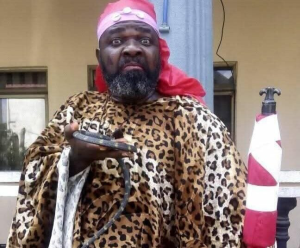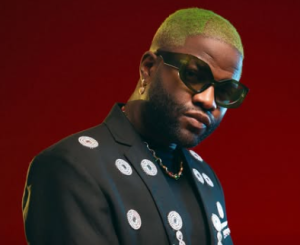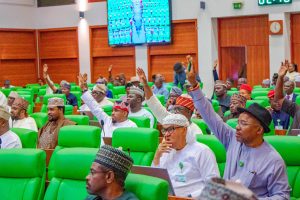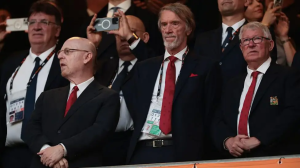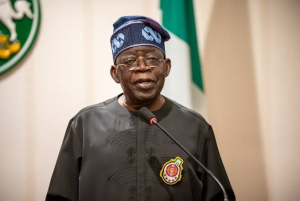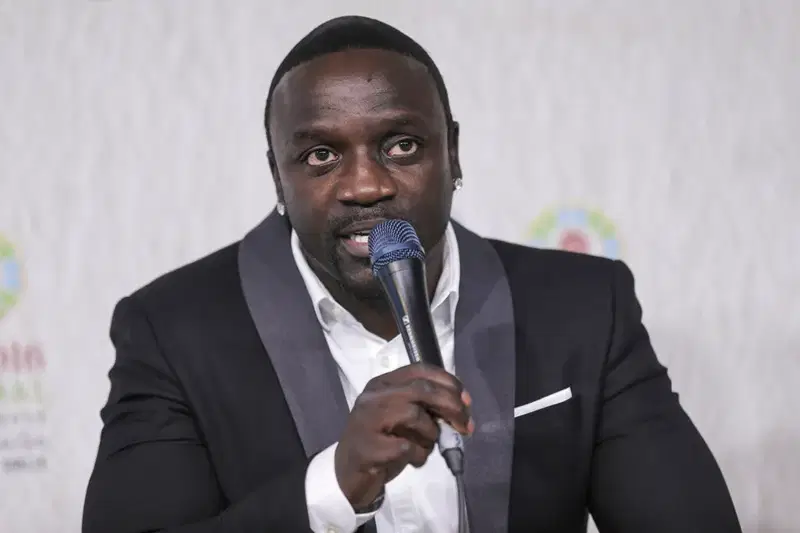
Senegalese-American singer Akon has ignited a social media firestorm after asserting he played a pivotal role in the development of Afrobeats, the globally popular music genre originating from West Africa. During a recent interview on The Sherri Shepherd Show, the “Lonely” hitmaker credited himself with shaping the genre’s early days through collaborations with Nigerian artists in the late 2000s.
Akon specifically referenced working with Wizkid, P-Square, and D’banj, stating: “What we created in Nigeria was what you see and hear now as Afrobeats.” He claimed to have signed Wizkid in 2008 and developed other Nigerian talents, positioning himself as a key architect of the genre’s global rise.
The comments triggered immediate backlash from Nigerian music fans and industry observers on social media. Many accused the 51-year-old artist of historical revisionism, pointing out that Nigerian acts like P-Square and D’banj were already established stars before Akon’s involvement.
“Afrobeat was pioneered by Fela Kuti decades before Akon visited Nigeria,” tweeted @Shirex_, highlighting the distinction between Fela’s 1970s Afrobeat and the contemporary Afrobeats sound. Others challenged Akon’s timeline, with @paul_osigbemhe1 noting: “These artists were already forces in African music before most of us knew Akon was Senegalese.”
Some critics dismissed Akon’s claims as attention-seeking, with @KirkHammettR commenting: “Since he stopped making hits, he’s settled for clout chasing in the African music scene.” The controversy comes as Afrobeats enjoys unprecedented global success, with Nigerian artists like Burna Boy, Wizkid, and Davido regularly topping international charts and selling out major venues worldwide.
Music historians emphasize that while Akon collaborated with African artists through his Konvict Muzik label, the Afrobeats sound evolved organically from Nigeria’s vibrant music scene over several decades. The genre’s recent global explosion is widely credited to a new generation of Nigerian artists and producers rather than any single external influence.
As the debate continues online, the incident highlights growing sensitivity around cultural ownership and recognition in Africa’s booming entertainment industry. Neither Akon nor the Nigerian artists he mentioned have responded publicly to the social media backlash.

